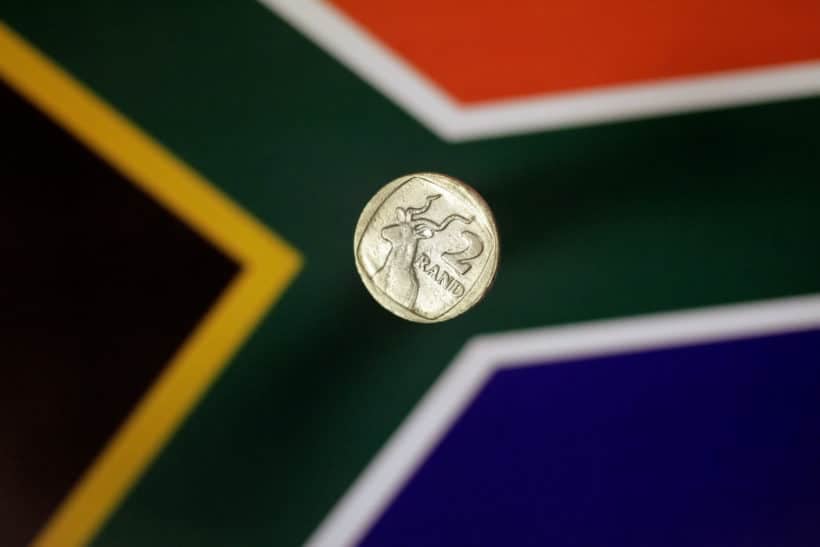
JOHANNESBURG, June 3 (Reuters) – South Africa’s rand was slightly stronger early on Monday, with analysts expecting coalition negotiations to be the main driver this week, after the African National Congress (ANC) failed to secure a majority for the first time in 30 years last week.
At 0810 GMT, the domestic currency traded at 18.7325 against the U.S. dollar ZAR=D3, up more than 0.2% from Friday.
The ANC got 40.2% of the vote on Wednesday, its worst election showing of the democratic era, which means that it will have to strike an agreement with one or more smaller parties to govern, an unprecedented prospect in the country’s post-apartheid history.
The prospect of an ANC tie-up with more radical parties like the far-left Economic Freedom Fighters (EFF) or former president Jacob Zuma’s uMkhonto we Sizwe (MK) has rattled investors, who would prefer a coalition that brings in the pro-business Democratic Alliance (DA).
“The rand has staged a recovery from its lows and appears to be unwinding some of the risk… priced in that the ANC would automatically default to forming an alliance with Zuma’s MK party or … (the) EFF,” ETM Analytics said in a note.
“Investors increasingly realise that the more responsible and productive alliance would likely be between the ANC and the DA.”
Local media have reported that the DA could be open to entering a cooperation pact with the ANC, supporting it in key decisions in exchange for top jobs in parliament.
Political parties have two weeks to work out a deal before the new parliament sits and chooses a president, who would likely still be ANC leader Cyril Ramaphosa, since the ANC remains the biggest force.
On the Johannesburg Stock Exchange, the Top-40 index .JTOPI was up roughly 1.2% in early trade. The benchmark 2030 government bond ZAR2030= was firmer, while the yield fell 10 basis points to 10.6%.
(Reporting by Alexander Winning; Editing by Rashmi Aich)

